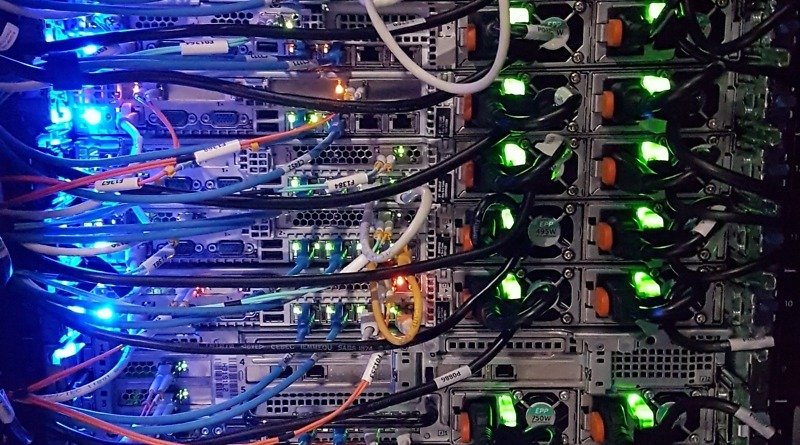Origins of History Interpretation: An Academic Overview
The history of interpretation of Forex can be traced back to ancient times when inter-nation trading was already considered a major source of economic and political influence. In the Middle Ages, beginnings of the foreign exchange market can be seen with Dante’s signature on a document that describes a bond between foreign traders. As international trade increased, the demand for foreign currency also grew, giving rise to European governments issuing their own currencies. In the 18th century, the gold standard was adopted, which promoted the growth of Forex trading, and trading systems began to take shape. Forex, or foreign exchange, trading has gone through multiple changes over the centuries, and today has become an integral part of the global economy.
Read More




